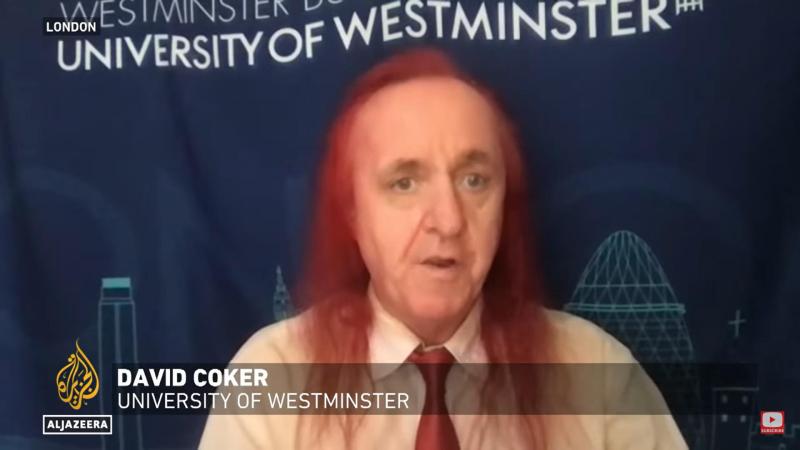David Coker, Senior Lecturer and Course Leader for the Investment and Risk Finance MSc course , has been interviewed for Al Jazeera’s ‘Counting the Cost’ programme about what is behind the rising cost of living and the action being taken by policymakers.

The programme examined why levels of inflation have been rising across the world and looked at the measures that central banks are currently taking to tackle them, such as raising interest rates.
It also highlighted the level of discontent amongst consumers due to rising prices and asked what more central banks could do to ease the cost of living.
Speaking about any further measures that the banks and governments could take, David Coker said: “The central banks are really in a tough spot - inflation globally is surging. It’s not all supply side as we’re led to believe and the only levers they really have, at least talking about the [United States Federal Reserve] are the balance sheet as well as interest rates. Those are the two broad levers that the [Federal Reserve] can pull, and they’re really in a rough position because inflation’s surging, they’re increasing interest rates very sharply to get control of it.”
On the best- and worst-case scenarios for the US and Europe in the current economic climate going forward, Coker commented: “The best case is a short, sharp recession. The harder and deeper and the shorter, the [better]. Recessions eliminate excess capacity, recessions…reduce demand and all of this would be welcome in this economy.
“Now the worst case, and I really hope we don’t see this, is ‘stagflation’. Stagflation is, by definition, above average unemployment in a macro environment of above average inflation. Stagflation is much, much worse than even the [harshest] recession.”
Watch the full interview on Al Jazeera’s website.


